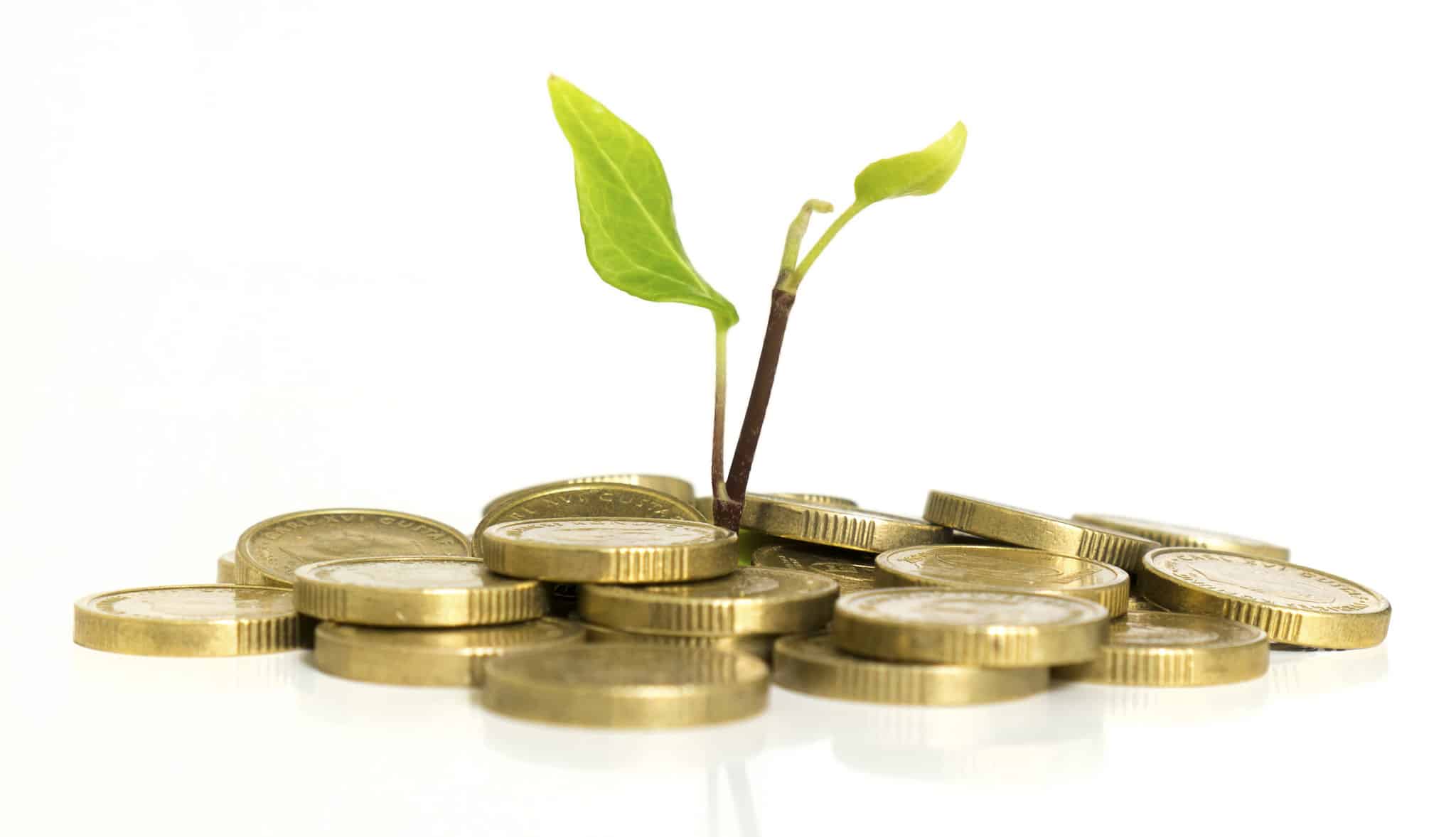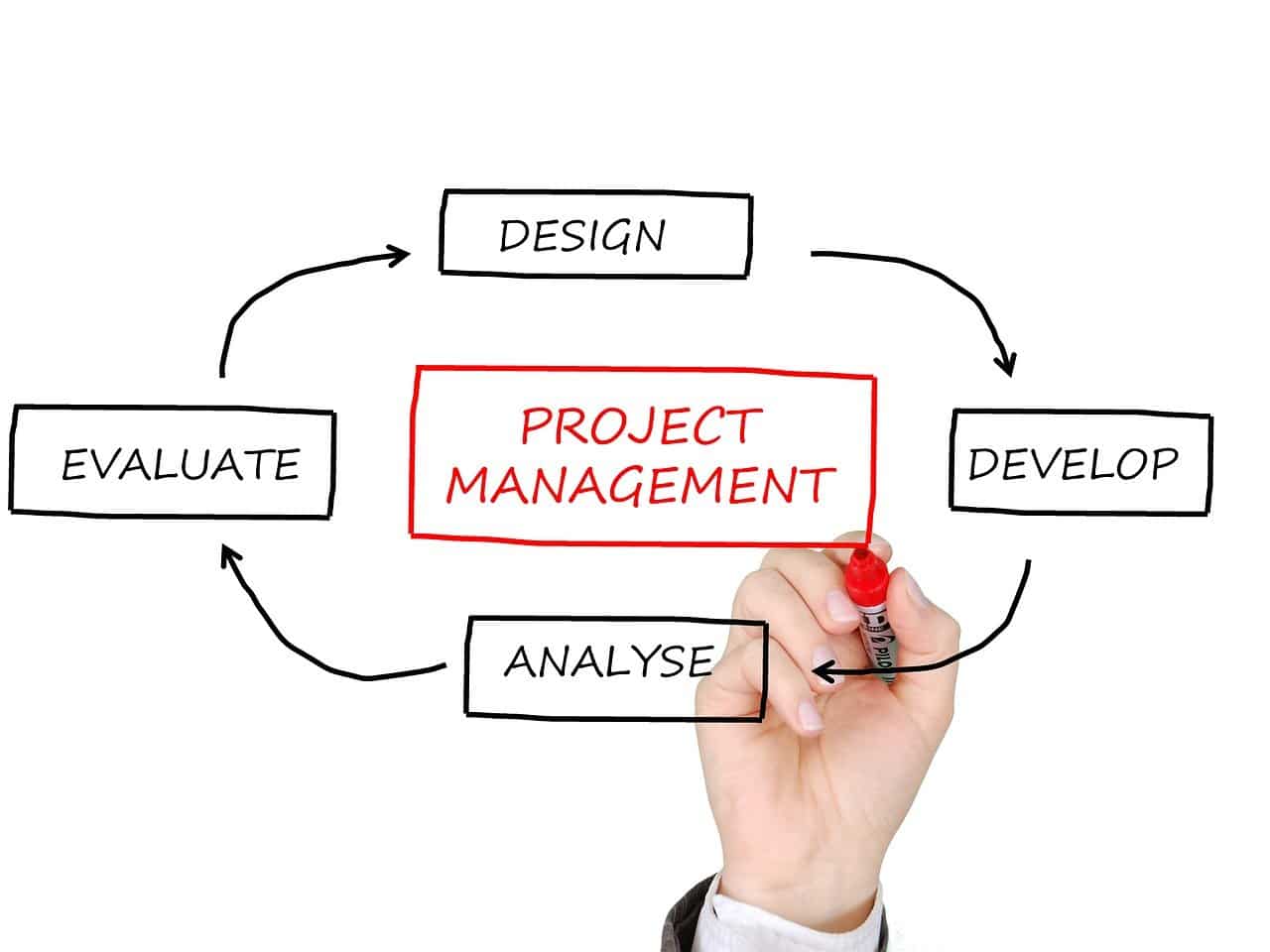Effective management is essential for success in today’s fast-paced business world. Project management and supply chain management are two critical areas that play a pivotal role in ensuring smooth operations and achieving organizational objectives. Although they share some similarities and are often interlinked, it is crucial to understand their distinct characteristics and functions to leverage their potential fully.
This blog will delve into the fundamental differences between project management and supply chain management and explore how each discipline contributes to the overall success of an organization.
Defining Project Management
Project management encompasses planning, executing, monitoring, and closing temporary endeavors for creating unique products, services, or results. It is a structured approach to accomplish specific goals within a predefined timeframe, budget, and scope. Projects are one-time initiatives with clear objectives, and once those objectives are achieved, the project is completed.
Key Elements of Project Management
- Defined Objectives: Projects have clear, well-defined goals that are specific, measurable, achievable, relevant, and time-bound (SMART).
- Temporary Nature: Projects are transient initiatives with a clear beginning and end, unlike ongoing business operations.
- Unique Deliverables: Each project produces a unique outcome, whether it’s a new product, a service, or the implementation of a system.
- Project Teams: Project management encompasses assembling a team with specific skills and expertise to complete the project successfully.
- Project Lifecycle: Projects undergo several stages, including initiation, planning, execution, monitoring, and closure.
- Risk Management: Identifying and managing risks is a vital aspect of project management to guarantee successful delivery.
Understanding Supply Chain Management
Supply chain management (SCM) involves coordinating and optimizing all operations associated with delivering goods and services to customers. From sourcing raw materials to the delivery of the finished product to the end consumer, it entails the efficient movement of materials, information, and finances. Supply chain management, unlike projects, is an ongoing, continuous activity that supports the company’s daily operations.
Key Elements of Supply Chain Management
- End-to-End Process: Supply chain management covers the entire journey of a product or service, from procurement to distribution and after-sales support.
- Integration: SCM encompasses integrating functions, including procurement, logistics, inventory management, and demand forecasting, to ensure a smooth flow of goods and information.
- Efficiency and Optimization: Supply chain management aims to enhance efficiency and minimize costs while meeting customer demands successfully.
- Supplier Relationships: Supply chain management encompasses building robust relationships with suppliers to ensure a steady supply of quality materials.
- Continuous Improvement: Supply chain managers continuously evaluate performance data to identify areas for improvement and implement better practices.
Key Differences
1. Nature
The primary difference lies in their nature. Project management is transient, while supply chain management is ongoing and continuous.
2. Objectives
Project management is goal-oriented and seeks to achieve specific objectives within a defined timeframe, while SCM aims to optimize the overall supply chain to ensure efficient operations and customer satisfaction.
3. Timeframe
Projects have a clear start and end date, whereas supply chain management is an ongoing process without a predefined endpoint.
4. Uniqueness
Projects deliver unique outcomes, while SCM deals with repetitive processes to support the organization’s ongoing activities.
5. Focus
Project management focuses on delivering specific outputs, while SCM focuses on the entire value chain and end-to-end operations.
Take Away
Project management and supply chain management are essential components of a successful business. While project management focuses on transient endeavors with specific objectives, supply chain management is a continuous process, ensuring the efficient flow from raw materials to the finished product. Understanding the differences between the two is crucial for managers and organizations to make informed decisions, optimize operations, and achieve project-specific goals and supply chain excellence.
To learn more about these two disciplines, consider enrolling in a project management certification and supply chain analytics course. These programs will offer a comprehensive understanding of the principles, techniques, and best practices in both fields. By enrolling in such programs, you will be equipped with the essential skills to plan, execute, and control projects and optimize supply chain processes within organizations.

















Leave a Reply